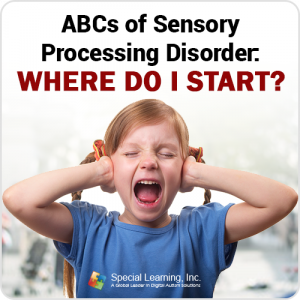The Importance of Support Groups
Living with autism can be very daunting for families with all the difficulties and challenges that it entails. Many parents feel very isolated and that nobody really understands the pressures of dealing with their child on a day-to-day basis. Support groups can be a tremendous source of help to families who have a child with autism.
Support groups enable parents to share information with one another, such as information about therapies or new programs, stories and experiences of living with autism, and advice on how to deal with different professionals. They also allow parents to vent their frustrations and have their feelings validated and understood. Through these groups, parents can get to hear about training workshops, school services, and attend events that may be beneficial, including social outings. Other benefits include the opportunity to forge long-lasting friendships with other families.
Another advantage of support groups is parents can share childcare with each other as the families already have firsthand experience and understanding of living with autism, so they can give each other a break. This can be a huge mutual advantage as parents are often stressed and exhausted. They can feel confident that their child is in the care of someone who understands. Siblings can also receive support through attending support groups with their parents. Sometimes they have their own sibling group activities.
There are many support groups on the Internet and links to those can be found via various autism organizations and charities, such as Autism Speaks www.autismspeaks.org and the National Autistic Society www.autism.org.uk. Although a lot of people like to communicate via online support groups, it can be beneficial to join a local group as face-to-face contact can help to build a more solid sense of community. A large active local group can have a real influence on the provisions and services that local government or health service providers make available.
Families need a good network of support, and support groups are an important part of this, providing a level of help that can extend into so many different areas of day-to-day life. According to the findings of a recent study, two-thirds of parents of children with autism were members of a support group (Mandell & Salzer, 2007).
References:
Mandell, D.S., & Salzer, M.S. (2007). Who joins support groups among parents of children with autism? Autism. 11 (2), 111-122.








